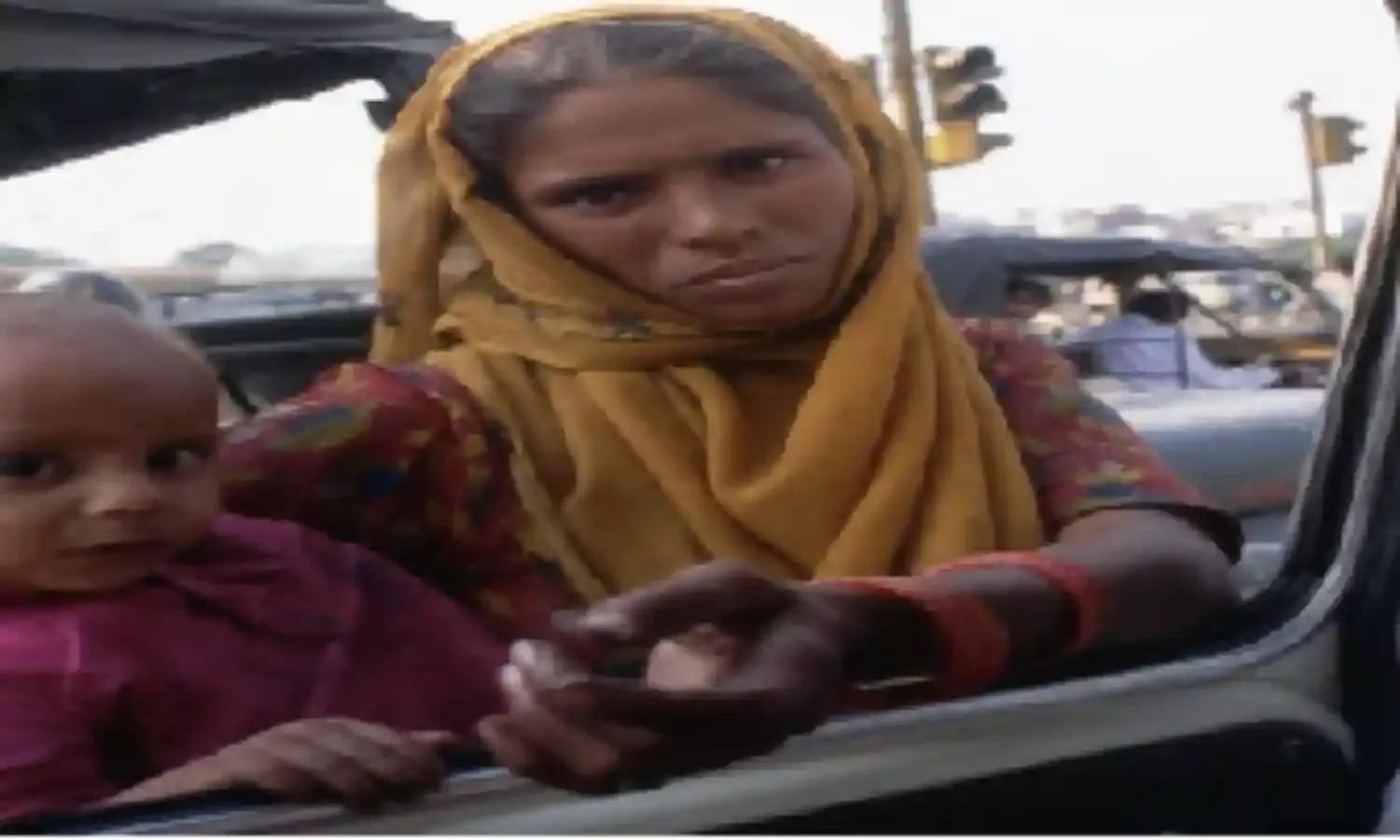Poverty and Criminality Are NOT Interchangeable
Omninous notion that they are synonyms
Article 46 of the Constitution of India mandates the state to promote, with special care, the economic interests of the weaker sections of the society and to protect them from social injustices and other forms of exploitations.
The duty under Article 46 coupled with the right of every individual to a dignified life under Article 21, casts an obligation upon all the state institutions to work towards ensuring socially and economically just and equal life to all.
However, contrary to these mandates, the legislature in 1959 enacted the Bombay Prevention of Begging Act for the purpose of “making uniform and better provision for the prevention of begging in the State of Bombay (also extended to Delhi); for the detention, training and employment of beggars and their dependents in certain institutions; and for the custody, trial and punishment of beggar offenders”.
To put it simply, the Act was enacted with the declaration that poverty and criminality are synonyms, thus, providing a tool to the state to further victimise the victims.
This perverse piece of legislation was based on several illegal and inhumane assumptions. It assumed every person found begging to be an offender who could be arrested without warrant and could be detained in a certified institution for upto 3 years by the court after conducting a summary inquiry. A person aving bodily deformities could be detained for life! Upon subsequent conviction, the beggar offender could be detained for up to 10 years in a certified institution. Interestingly, any such detainee “shall at any time allow his finger prints to be taken”, the failure of which could lead to conversion of the detention period to a term of life imprisonment. The Act also provided for detention of any other person who is wholly dependent on such person for a like period.
Very conveniently, the Act had allowed the state to take advantage of its own failure and its own inabilities to provide social and economic justice, and equality of opportunities to all its citizens. It provided a shield to the police and the government to ‘hide’ the beggars by throwing them in the detention institutions for the purpose of getting rid of them for special occasions. Each time to brace itself to receive dignitaries from other countries and in order to ‘beautify’ the cities, the government resorted to this legislation by making the beggars disappear.
Instead of declaring this heinous legislation to be unconstitutional, the Courts allowed it to remain on the statute books for over six decades and it is only in August this year that the High Court of Delhi declared certain provisions of the Act as unconstitutional (Harsh Mander v Union of India 2009). While decriminalising the act of begging, the High Court noted that “it remains a hard reality that the State has not been able to ensure even the bare essentials of the right to life to all its citizens”.
However, it is significant to question whether it is correct to solely blame the state for this failure or whether the courts are equally responsible for allowing the gross violation of social justice mandate leading to exploitation of the most vulnerable people in our society. The High Court correctly noted that state had adopted a wrong approach to deal with the underlying causes of the problem by criminalising begging. But, why did the courts not take any action to correct the wrong?
The High Courts had several opportunities in the past to analyse the Act, however, in each of those cases the courts actually paved way for proper implementation of the Act by clarifying the provisions and procedure under the Act. For instance, in the case of MS Pattar v Govt. of NCT of Delhi (2001), the Delhi High Court issued directions for better maintenance of the Beggar Homes established under the Act for detention of the arrested beggars; in Kumkum v State (2010) the Court upheld the detention of a eunuch in the certified institution for one year who was arrested for begging; in Mousham v State (2012), retrial was ordered by the Court under the Act as the accused did not have legal representation before the trial court. In 2006, the Delhi High Court in Ram Lakhan v State went to the extent of granting protection under Article 19(1) (a) of the Constitution to the beggars. Relating begging to advertisement, the Court held that - “just as an advertisement of a product would be within the perimeter of this valuable fundamental right, begging, too, could fall within it.
After all, begging involves the beggar displaying his miserable plight by words or actions and requesting for alms by words (spoken or written) or actions. Does the starving man not have a fundamental right to inform a more fortunate soul that he is starving and request for food?”, and thus the Court concluded that such an Act criminalising begging leads to deprivation of liberty running counter to fundamental right of freedom of speech and expression.
Even after these findings, the Court did not take any further step towards declaring the Act to be unconstitutional and concluded by merely passing certain directions to the police.
Such regrettable attitude shown by all the organs of the state, including the judiciary, has been the reason for the continued subjugation of those struggling to meet their ends.
In order to mandate the minimum constitutional guarantee of a dignified and humane life and to ensure the constitutional and fundamental due to every individual, all the state institutions need to abdicate the attitude of blame game and work harmoniously towards wiping out the ominous notion that poverty and criminality are interchangeable.





